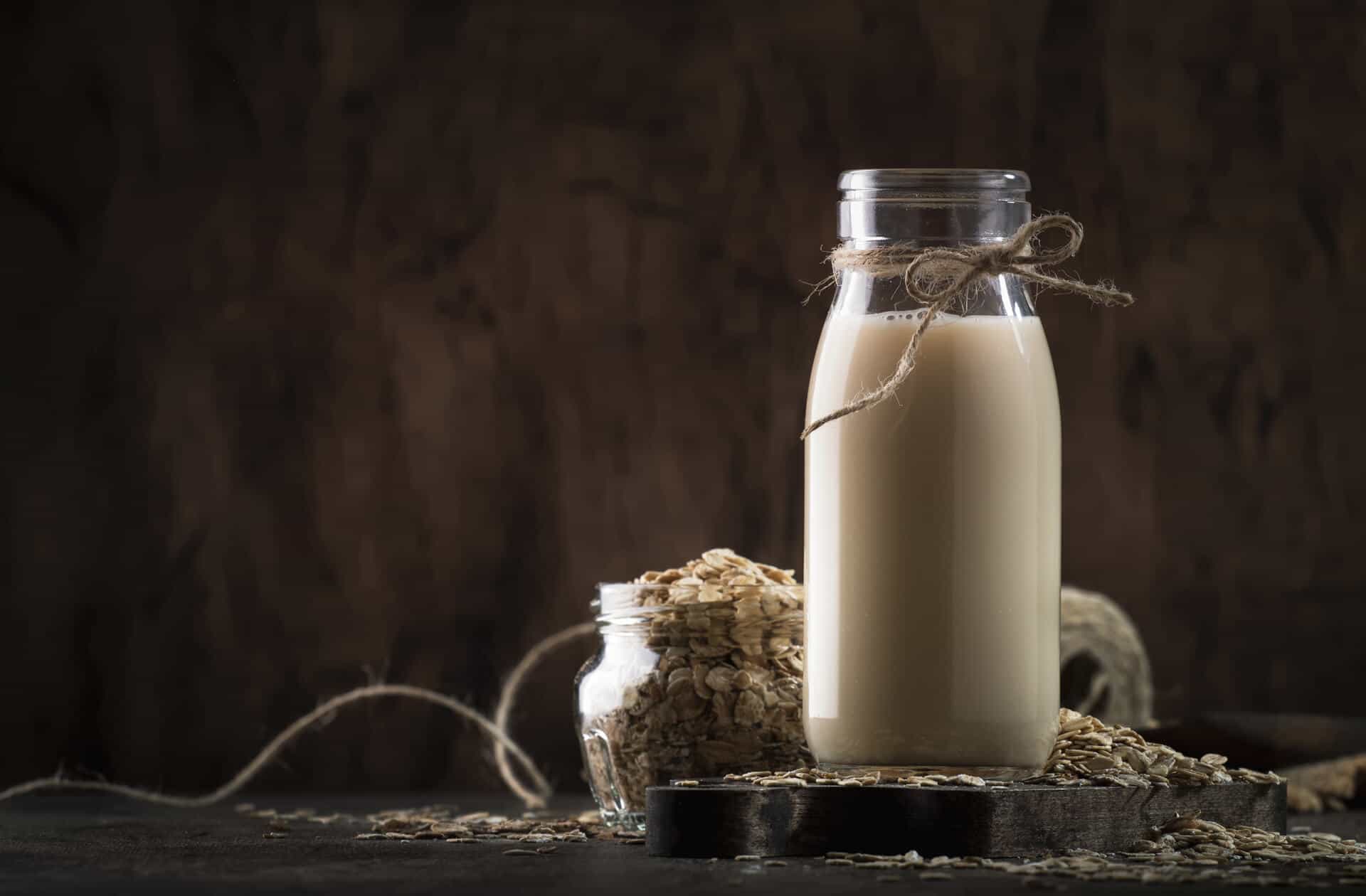When you go to the grocery store, which section do you gravitate towards: The organic section stamped with colorful certification stickers or the conventional section with its household staples?
Although organic food sales are rising more than ever in the U.S., an overwhelming majority of people still purchase non-organic items that are familiar, without frills, and reasonably priced.
Looking at a head of regular cabbage and organic cabbage, you’d likely be hard-pressed to find the difference. They both look about the same; in fact, the non-organic cabbage is probably bigger in size, more full, and cleaner than its organic counterpart. Why bother paying extra dollars for the same old cabbage?
The answer is not on the outside of the cabbage but within it.
While non-organic foods remain valuable and affordable staples for many families, they are often buffed up, processed, and/or contaminated by chemicals such as those used in pesticides, fertilizers, and animal-used antibiotics and hormones. Furthermore, many non-organic foods are or contain genetically modified organisms, better known as GMOs.
Now, don’t panic: Both the American Medical Association (AMA) and World Health Organization (WHO) recognize GMOs to not only be safe for consumers but also critical to developing medications and vaccines and combating world hunger and poverty while keeping costs for farmers to a minimum. Plus, no existing data definitively proves that GMOs are bad for human health.
However, much is still unknown about the long-term effects of creating and, more importantly for the everyday person, consuming GMOs. That’s why most are taking the route of “better safe than sorry” and going non-GMO.
What are GMOs?
GMOs are any type of organism, including plants, animals, bacteria, and fungi, whose DNA has been modified using genetic engineering. Today, an estimated 80 percent of foods in grocery stores contain ingredients made from genetically modified crops.
According to the U.S. Food and Drug Administration (FDA), modern genetic modification has been practiced since 1940 and, today, follows these steps:
- Identify genes that give a plant, animal, or microorganism a particularly desired trait such as improved robustness or ability to fight disease.
- Copy those genes from an existing organism that possesses the desired trait.
- Insert those genes into the DNA of another organism lacking that trait.
- Grow new, enhanced organisms.
In the food industry, genes are added to GMOs for a variety of reasons. Crops, for instance, are genetically modified to enhance the speed and size of their growth, become more flavorful, add more nutritional value, improve the sustainability and ease of their farming practices, and resist insects and rodents as well as intense environmental stressors and blights.
While all those benefits are great, the unsettling part for many people is serving up food whose DNA, for instance, has been unnaturally altered to kill pests that try to eat it. While the science behind it promises these foods’ safety, at least in the short term, it’s not surprising that folks feel uncomfortable and nervous once they’re a bit wiser about what GMOs are and do.
Much more credible, long-term human and environmental research is required to securely understand how GMOs will affect the Earth and its inhabitants in the long run.
Why Go Non-GMO?
It would be wrong to classify GMOs as a food evil, especially given their many advantages for farmers and disadvantaged communities. However, if you have the option to substitute some of your go-to foods with their organic brothers and sisters or go as non-GMO as possible, you can rest easy knowing that what you consume hasn’t been tinkered with and its farming has aimed to preserve, not harm, the environment.
That’s the primary and most important benefit of going non-GMO: The assurance that you and your family, to the best of your abilities, are eating clean.
Unlike GMOs, organic ingredients have not been exposed to irradiation, pesticides, herbicides, insecticides, fertilizers, and fungicides, antibiotics, hormones, or genetic alteration. Many of these synthetic and artificial controls have been found to be detrimental to animal and human health, not to mention the environment. These substances, especially pesticides and fertilizers, eventually find their way into the soil and our water supplies, which brings the conversation back around to human health.
Buying and eating local organic ingredients is an easy and sure way to know that your body and your family’s bodies are free of anything other than what came from the good old soil. Organic farmers must undergo a rigorous series of regular inspections by the United States Department of Agriculture (USDA), which includes annual audits, residue testing, on-site inspections, and organic system plan reviews. Plus, they’re expected to improve their organic farming practices at every given opportunity, so there’s no time to slack on research and development.
In other words, it’s no easy task to farm organically, but farmers put in that effort to deliver you healthy, uncontaminated, and sustainable foods that are certified by the U.S. government. Especially if you’re not keen on waiting to find out after the fact that GMOs are no good, it may very well be worth going organic!
Non GMO Breads, Here I Come!
The benefit of going non-GMO is a simple but powerful one that reflects many people’s desire to live and eat naturally. And Outrageous Baking is here to support your journey towards that goal with delicious, moist, and addicting sweet breads made from non-GMO ingredients!
We specialize in gluten-free, peanut-free, dairy-free, and GMO-free recipes that compromise nothing on taste and texture. Our desserts can be enjoyed by those with food allergies and dietary restrictions as well as anyone looking to make a cleaner lifestyle change.
Visit us today to find out how you can get our baked goodness delivered to your doorstep!


